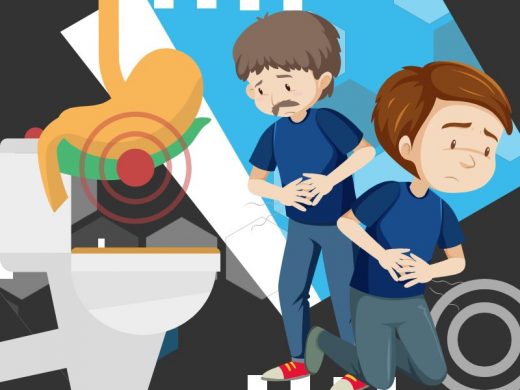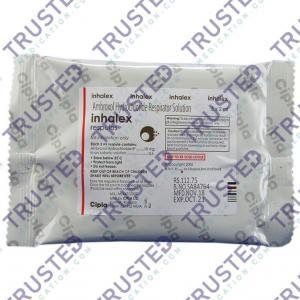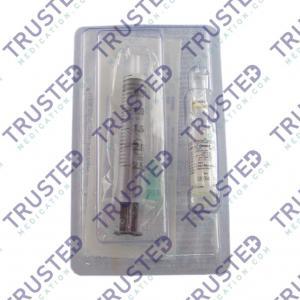
Infrequent bowel movement is known as constipation. It is a digestive problem that leads to dry bowel movements or passing stool fewer than three times a week.
Infrequent bowel movements occur due to changes in diet or routine, or due to inadequate intake of fiber. You should call your doctor if you have severe pain, blood in your stools, or constipation that lasts longer than three weeks.
Symptoms of Irregular Bowel Movement

- The difficulty of passing stool
- Straining when passing stool
- Passing less than usual
- Dry and hard stool
- Lumpy stool
Other symptoms include:
- Abdominal pain and cramps
- Bloatedness
- Nausea
- Loss of appetite
- Blood in your stool
- Pain in the lower back
- Trapped gas
- Vomiting and fever
- Unexplained weight loss
Damage that can occur as a result of severe constipation includes:
- Rectal bleeding
- Anal fissure or tear around the anus
- Symptomatic hemorrhoids
- Swollen and inflamed blood vessels in the anus
- Fecal impaction
Infrequent bowel movements may result in chronic constipation. It can interfere with your daily productivity. Chronic constipation may also cause people to strain excessively to have a bowel movement.
Causes of Infrequent Bowel Movement
Your colon’s main job is to absorb water from residual food as it’s passing through your digestive system. It then creates stool. Waste subsequently exits the colon through the rectum. If stool remains in the colon too long, it can become hard and difficult to pass.
Poor diet frequently causes constipation. Dietary fiber and adequate water intake are necessary to help keep stools soft. Fiber comes in soluble and insoluble forms. A change in routine and conditions slowing down colon contractions or delaying urges to urinate may also contribute to constipation.
Causes and Risk Factors of Infrequent Bowel Movements

- Unhealthy diet or diets high in meat, milk, or cheese
- Dehydration
- Inactive lifestyle
- Delaying the impulse to have a bowel movement
- Travel or other changes in routine
- Medications or antacids and pain medications
- Pregnancy
- Older age
How to Diagnose Infrequent Bowel Movement?
Your medical provider will assess the symptoms, medical history, and any medications, or underlying conditions you have. Your doctor may recommend blood tests, radiography, endoscopy after an initial assessment of the symptoms. Further diagnostic tests are permissible to people with a history of hypothyroidism.
Treatment for Irregular Bowel Movement
- Anti-constipation medications
- Laxatives
- OTC products
Your doctor may also recommend dietary changes to improve your digestion. Eat more fiber-rich foods and drink plenty of water to prevent constipation.








